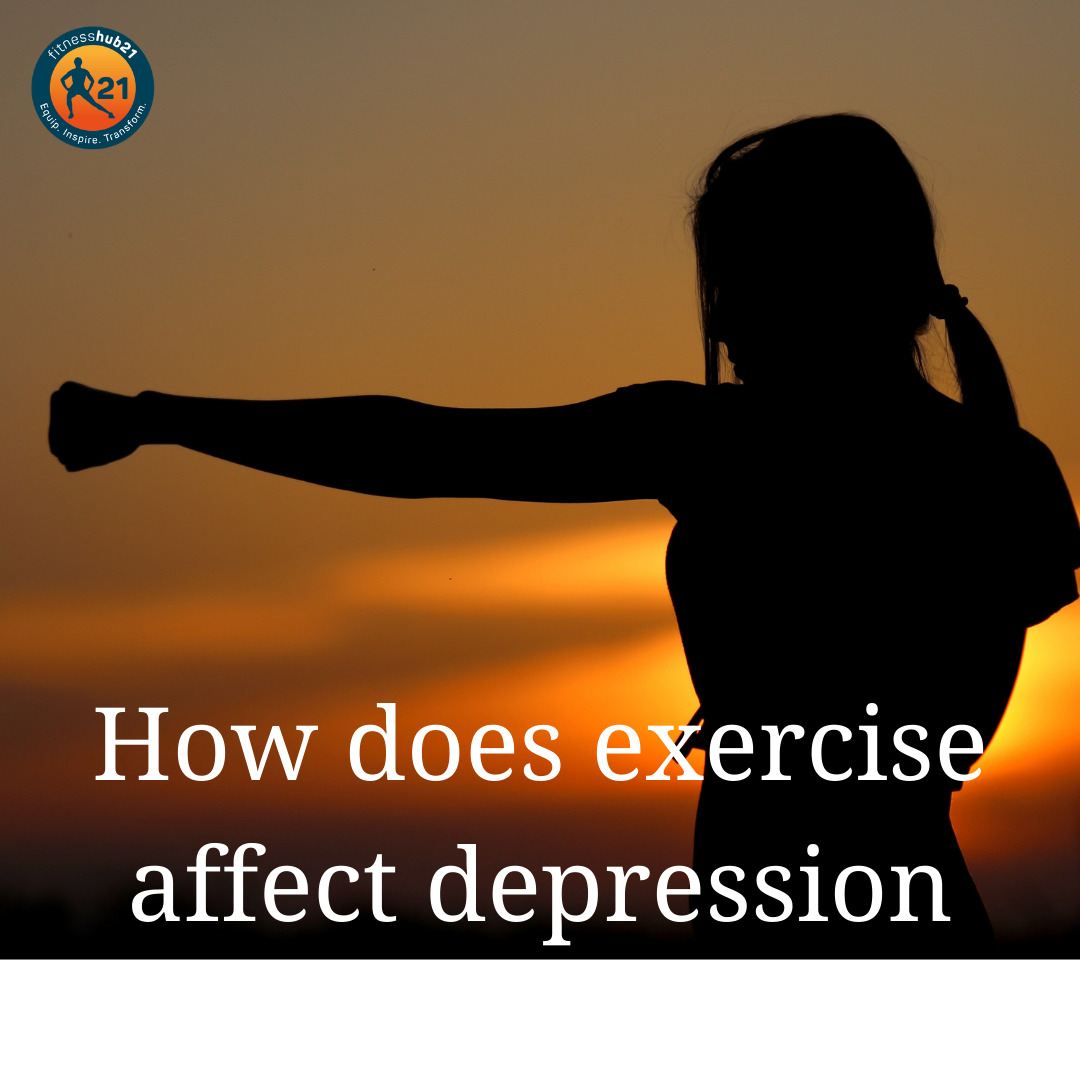
How does exercise actually affect depression?
Research has shown that for some people, exercise can be as effective as antidepressants in relieving symptoms of depression, but how does it actually work?
It’s not often that we are given an explanation as to how exercise actually relieves symptoms, and so it is often overlooked when suggested by GPs as a self-help treatment. It should be noted that this does not apply to all people suffering with symptoms, and for those with severe depression exercise alone is not enough.
Symptoms of depression include low energy, changes in appetite, body aches, and increased perception of pain, which can all decrease motivation to exercise. This means it is easy to get stuck in a cycle of being sedentary due to depression, and so losing out on the possible benefits of exercise on your mood.
Hopefully learning about how exercise actually affects your brain will help motivate those struggling with symptoms to persevere with their exercise!
The main mechanisms by which exercise can help relieve depression include endorphin release, neurogenesis, and neurotransmitter release.
All of these things affect your brain chemistry, which is said to be ‘an issue’ for those with depression. Most people have heard about endorphins being released during exercise, and that they provide an immediate but short-term effect on mood.
Neurogenesis (the formation of new neurons in the brain) is responsible for the longer-term improvements to mood. When we sweat, a protein is released into our blood stream which stimulates the release of growth factors. These growth factors support the growth of new neurons in the brain.
This is beneficial to those with depression as research has found that those who are depressed have a smaller hippocampus (the region of the brain that helps to regulate mood) – increasing the size of the hippocampus may relieve symptoms of depression. Neurogenesis is particularly important for those aged 30+ as this is when we start to lose nerve tissue.
Serotonin, dopamine, and epinephrine (all of which are neurotransmitters) are released as well as endorphins when we exercise. Serotonin makes you feel happy and secure, and dopamine is central to motivation, which are all things those who are depressed would benefit from.
It has not been proven how long it takes for the alleviation of symptoms of depression to take place but it is thought to take at least a few weeks, so don’t give up straight away! Dr Michael Craig Miller (Harvard Medical School) suggests picking an activity you enjoy and that you will want to keep doing, as you need to be able to sustain your activity level over time.

